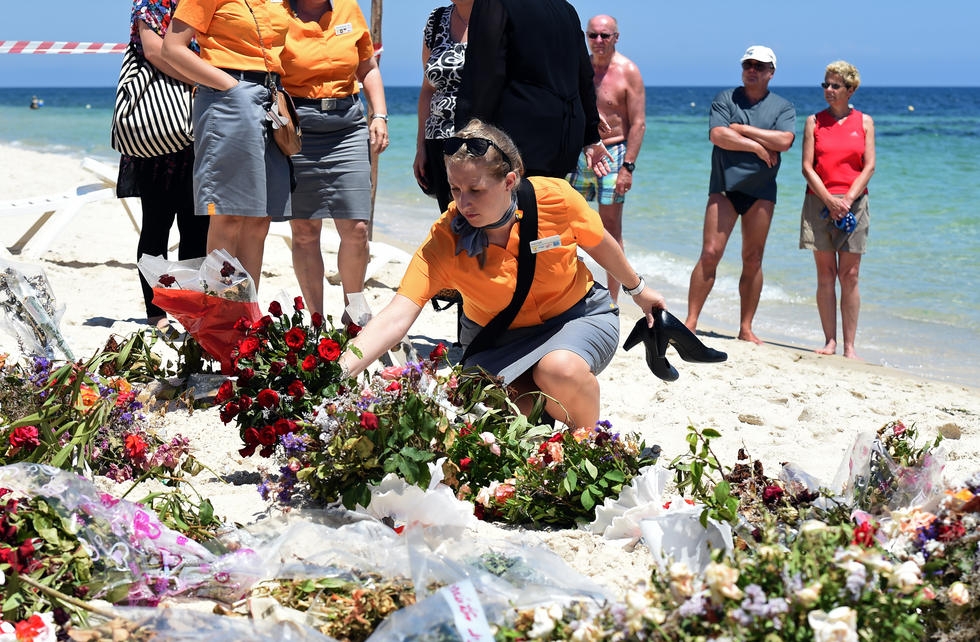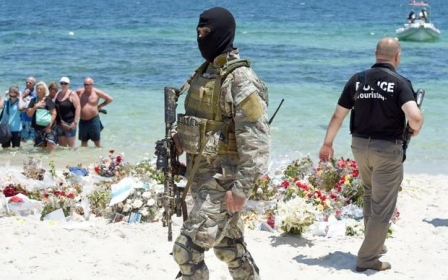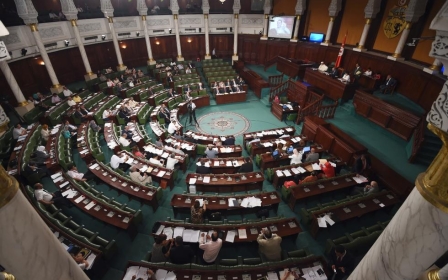UK police says 'strong' links between Tunisia's Sousse and Bardo attacks

The London Metropolitan police have announced that there is “strong” evidence linking the Bardo Museum and Sousse beach killings in Tunisia.
"While I cannot go into further details regarding this live investigation, I can confirm that a team of officers, led by a senior detective from the Met's Counter Terrorism Command, are working closely with the Tunisian authorities on both investigations and we have advised the coroner of the connection between the two," Metropolitan Police Commander Richard Walton told Sky News.
During the Bardo Museum attack in March, 22 people - mainly European tourists - were killed, while 38 were killed in the Sousse attack in June, including 30 British nationals.
They were all shot dead when Tunisian student Seifeddine Rezgui opened fire on the Sousse beach after coming in from the sea using a jet ski or speedboat. He then proceeded to enter the Hotel Imperial Marhaba and shoot more tourists there.
He was killed by police after leaving the hotel. So far, more than 150 people have reportedly been arrested by Tunisian authorities in relation to the Sousse attack. This includes 15 who have been charged with terrorism offences.
Yassine Laabidi and Hatem Khachnaoui - the two Bardo shooters - were likewise killed by security forces.
The government declared a state of emergency in early July following the Sousse attack. It then extended the emergency by a further two months last week, leading to fears that hard-won civil liberties in the country could be curtailed.
MP Samia Abbou of the Democratic Movement, an opposition party, warned last week that the measures were “a prelude to breaching the constitution" and said that there were "are currently laws being passed [against] public opinion… [just] like what [former president Zine El Abidine] Ben Ali used to do in the past”.
Tunisian President Beji Caid Essebsi has said that "exceptional measures" were necessary following the attacks.
Tunisia is thought the number one source of recruits to IS. Over 3,000 people have allegedly left the country to join the militant group in Iraq, Syria and increasingly Libya.
The attacks in Tunisia have caused heavy damage to the country's tourism industry on which its economy is heavily dependent.
A poll by YouGov of 7,395 people across Europe stated that Tunisia had become seen as the most "dangerous" popular holiday destination by Europeans.
Stay informed with MEE's newsletters
Sign up to get the latest alerts, insights and analysis, starting with Turkey Unpacked
Middle East Eye delivers independent and unrivalled coverage and analysis of the Middle East, North Africa and beyond. To learn more about republishing this content and the associated fees, please fill out this form. More about MEE can be found here.




